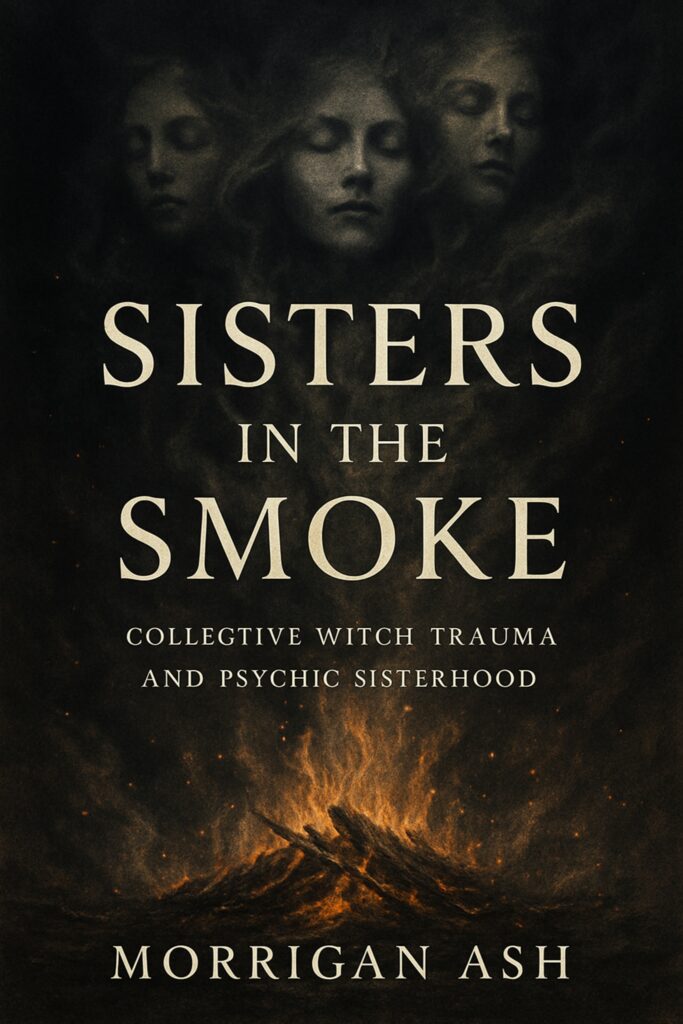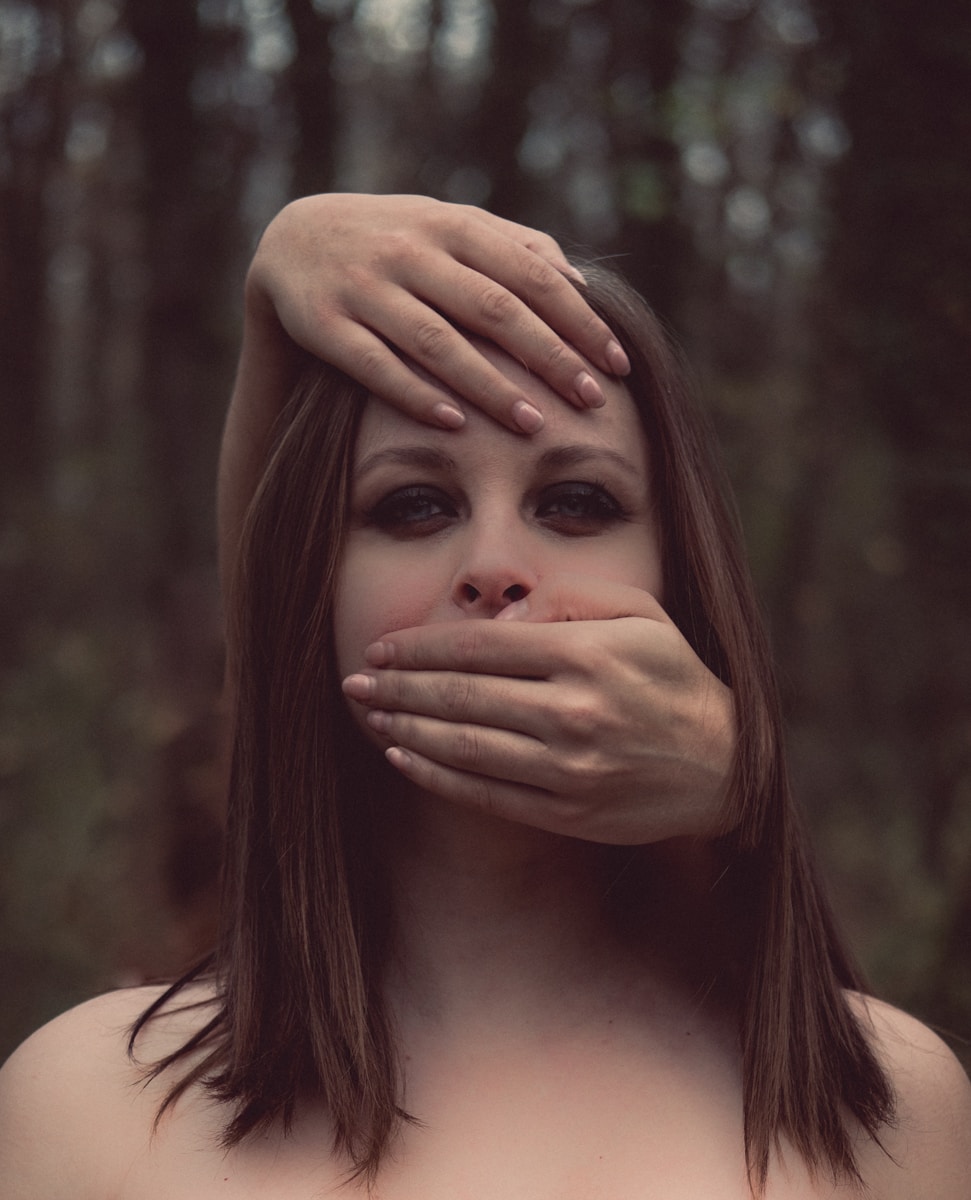Silence has never been neutral. In every culture, in every century, it has been wielded as weapon, carved into ritual, imposed as law. For women, silence was rarely a choice. It was spellcraft forced upon them — a muteness cast by church, by state, by family, by centuries of whispered threats and burned bodies. What appears as absence of sound is, in fact, presence of power: silence as prison, silence as curse.
The history of women’s muteness is not an absence of words but the burial of them. Every accusation of witchcraft, every sermon demanding obedience, every law that barred women from pulpits, books, courts, or guilds — all were incantations of silence. And over time, that silence seeped into the flesh, encoding itself as shame in throats, as hesitation in gestures, as tremor before speech. Generations inherited not only stories but stifled breath.
The Spell of Absence
To strip a voice is to strip agency. Words are not mere air; they are spells of presence. When women were forbidden to speak publicly, to testify in court, to publish under their own names, it wasn’t simply censorship. It was alchemy: turning living power into absence, transmuting presence into erasure.
Silence became a hex on inheritance. Daughters learned to lower voices not only from fathers or priests, but from mothers and grandmothers who had already survived by swallowing sound. The curse wasn’t just external; it was internalized, woven into nervous systems as the reflex to pause before saying too much.
The Burning Throat
The witch trials of Europe and the colonies were spectacles of enforced silence. Women were bound, gagged, drowned, burned — their inability to cry out became the proof of guilt. The silence of execution became evidence of damnation. This wasn’t random cruelty; it was ritual. The witch’s voice had to be destroyed because it broke the rhythm of control.
The smoke of burning bodies was not just fire but censorship in its most absolute form. The throat, seat of spell and truth, was turned into pyre. And yet, in this burning, a paradox was born: silence became haunted. What could not be spoken turned into dream, into omen, into intergenerational echo. The curse of muteness created its own rebellion by turning silence into shadow-language.
The Inherited Curse
Even after the pyres went cold, silence endured as inheritance. In polite drawing rooms, in prayer halls, in classrooms where girls were told to be quiet while boys were praised for speaking, the curse persisted. It no longer required chains or flames; it lived in social codes and nervous ticks.
Psychology recognizes this as trauma imprint: when the nervous system learns to associate speech with danger, muteness becomes survival. But survival has a cost. Generations of women learned to betray their own knowing, to cut out their own tongue before anyone else could. Silence became the family heirloom, passed down like haunted jewelry.
The Counter-Spell of Sound
But every curse generates its counter-spell. When silence becomes unbearable, voice returns not as whisper but as eruption. The songs of enslaved women, the chants of suffragettes, the testimonies of survivors — each broke the rhythm of imposed muteness. Each act of speech was not simply political but magical, a tearing open of the spell that bound them.
Even today, when a woman names the violence done to her, or speaks the unspeakable of her lineage, she isn’t only telling a story. She is undoing ritual. She is ripping the gag out of the mouth of every ancestor forced into quiet. She is proving that silence was never absence — it was a field of tension, waiting for release.
The Shadow of Silence
Yet silence is never gone. It lingers as shadow. Women still measure tone, still rehearse words in their heads before speaking, still anticipate interruption. Even in spaces where voices are free, the curse whispers: “Too loud. Too much. Too dangerous.” This is the residue of centuries of imposed muteness.
But to see silence as curse is also to recognize its inversion: silence can be chosen, wielded, weaponized. When it is voluntary, silence ceases to be absence and becomes spell again — the pregnant pause, the withheld word, the silence that unsettles and dominates. The work of breaking the curse is not to abandon silence, but to reclaim it, to turn muteness into magic.
Breaking the Inherited Spell

Silence has always been spell — sometimes prison, sometimes power. Generations of women were bound by enforced muteness, their voices extinguished or inherited as shame. But silence never fully killed the voice; it only transformed it into a haunted presence that still lives in the body, waiting to be released.
To speak now is not just personal liberation — it is exorcism. It is breaking an ancestral curse. It is proof that silence can no longer bind.

